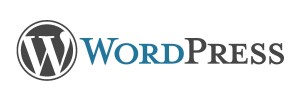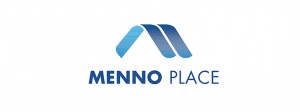In English 301, I learned the skills and techniques that have a life-long worth of value. Whether the skill was to learn about writing with ‘you-attitude’ or to create a profile on a social networking site, the value of all these skills are priceless. I have always been hesitant and nervous when it came to writing letters to professionals or creating a sophisticated document. Now, with the help of Dr. Paterson and her guidelines, I am confident to present my technical writing skills to the professional world. This blog will sum the areas of weakness’ and strengths that I encountered throughout the course of ENGL 301.
The major weaknesses that I faced were: being too practical and uncomfortable with my writing, being too wordy and repetitive, and forgetting to incorporate ‘you-attitude’.
I used to take hours to complete an assignment in the beginning of the term. The process of translating my thoughts into clear and concise sentences was difficult. I was more focused on the flow of the words, rather than the content being presented. To overcome this problem, I wrote a rough draft for every assignment and jotted down ideas without any tension about the sentence structure or word choice. For the final copy, I would edit my rough draft in a manner that retained all the important points. This way, I was able to remain focused, and above all, I learned to express my thoughts in a limited amount of words. To tackle the problem of ‘you-attitude’, I reviewed the online textbook and assessed my peers’ writing until I became comfortable with the concept. I had never written with ‘you’ before because I always thought documents seemed more professional if written in third person. As you can see, I was wrong!
The strengths that I have are: being organized in my writing, providing excellent constructive feedback, and working hard to improve.
I am always determined to create an articulate and polished final document. I follow given instructions carefully by creating a checklist to ensure all aspects are covered. This strength will be useful when writing and editing scientific papers. In addition to being ‘miss-perfect’, I am a very optimistic and encouraging person. This trait was valuable when writing peer reviews for fellow teammates. I always tried to highlight the strengths in my peer’s writing while kindly providing suggestions for improvement. I made sure not to overwhelm my peer by imposing my opinions and above all, I made sure that I was following my own advice. For this reason, I would revisit my work and edit to perfection.
Overall, the skills that I have acquired in ENGL 301 will benefit me when applying for jobs, writing and reviewing scientific papers as a research assistant, and eventually, when applying for medical school. As a future research assistant, I am now able to express my ideas in a concise and meaningful manner, as well, I am able to provide constructive feedback to fellow researchers regarding their findings.



